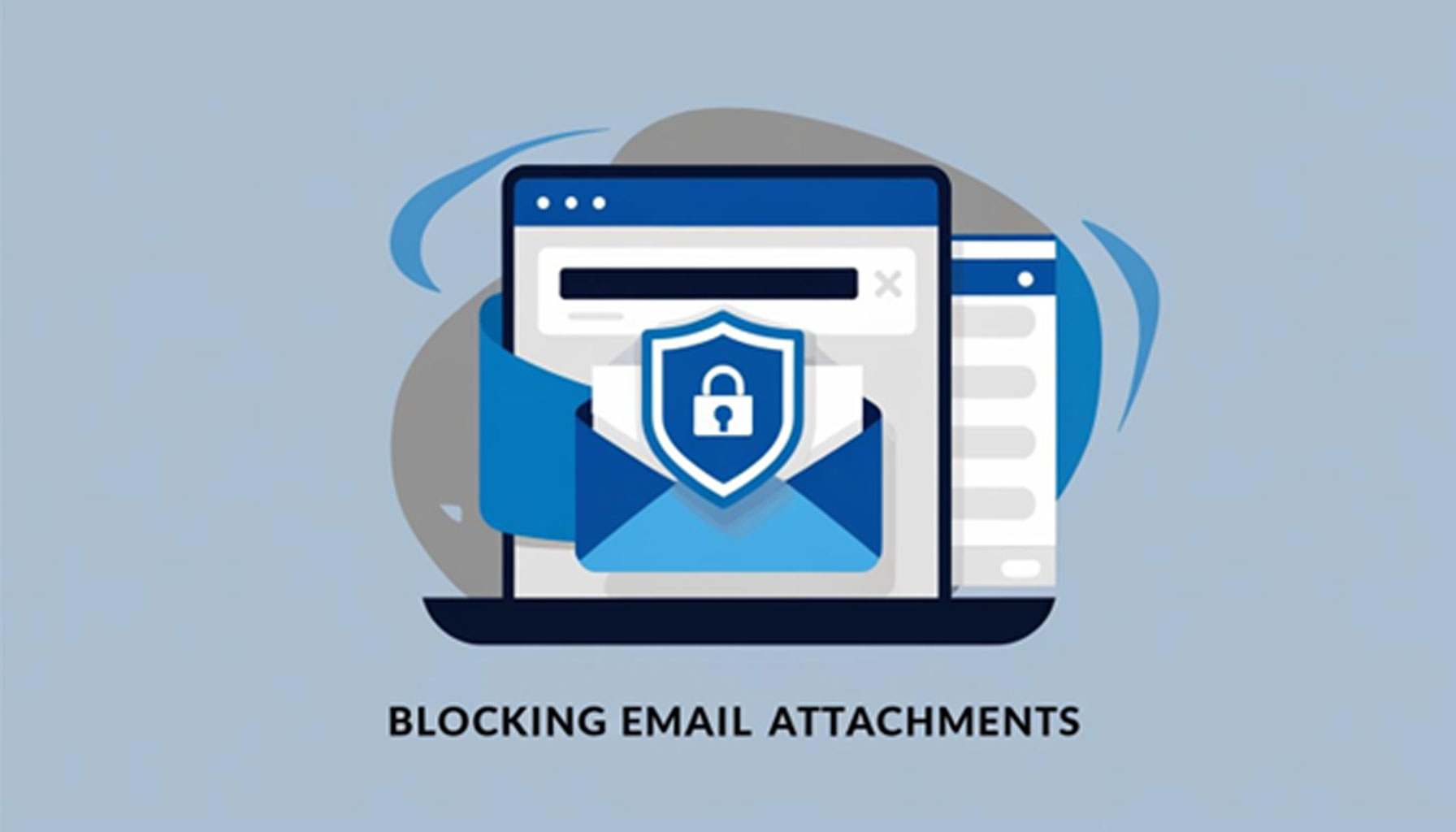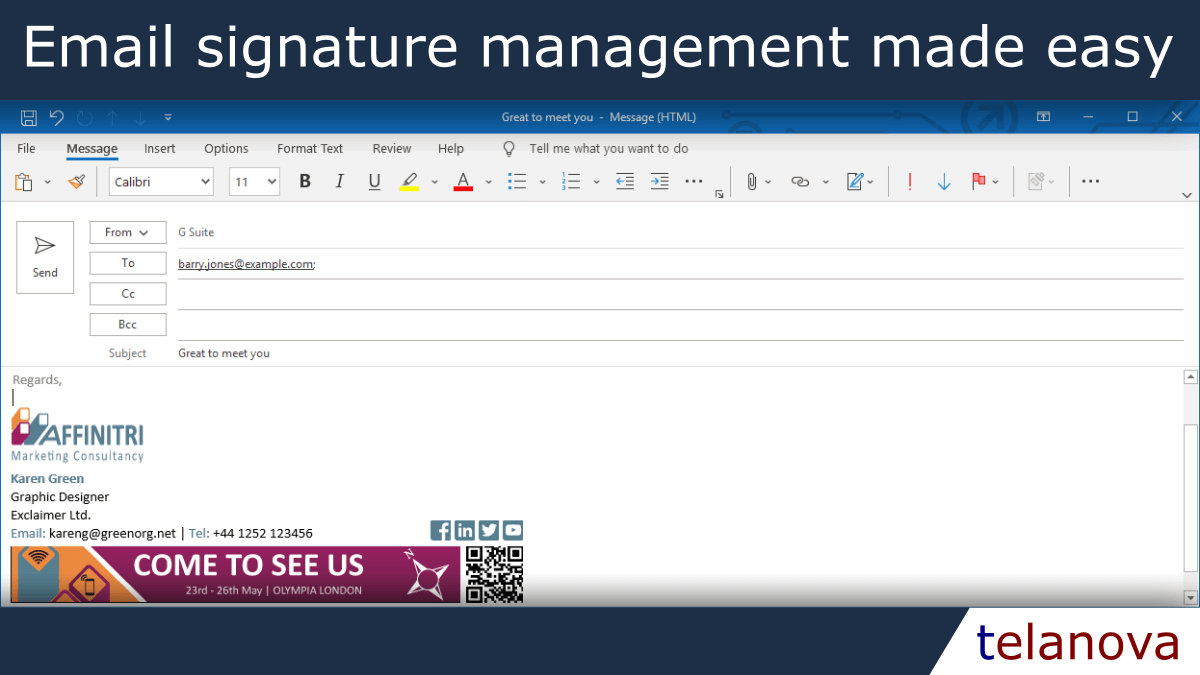Estimated Reading Time: 3–4 minutes
Email attachments, despite being a long-established method, have significant downsides. From security risks to hindering collaboration, it's important to reconsider their use. We will discuss how blocking attachments and using alternative file-sharing can benefit your organization.
The Perils of Email Attachments
Email attachments are a common vehicle for malware and viruses. A seemingly harmless file can contain malicious code that, once opened, can infect your entire system, compromising sensitive data and disrupting operations. Sensitive information can be easily leaked through accidental misdirection or unauthorized access to email attachments. A simple mistake, like sending a confidential document to the wrong recipient, can have severe consequences, including financial loss, reputational damage, and legal action. Large email attachments can clog up inboxes, slowing down email servers and hindering productivity. Additionally, searching for specific attachments within a cluttered inbox can be time-consuming and frustrating. Email attachments can hinder real-time collaboration and version control. Multiple versions of a document can circulate via email, leading to confusion and errors.
Embrace Secure and Efficient Alternatives
Fortunately, there are several secure and efficient alternatives to email attachments that can enhance collaboration and productivity:
Cloud Storage: Services like OneDrive, SharePoint, and Google Drive offer secure file storage and easy sharing options. You can control access permissions, track changes, and collaborate on documents in real time. Most platforms also offer version history, allowing you to easily revert to previous versions if a mistake is made.
Instant Messaging Platforms: Platforms like Slack and Microsoft Teams allow for quick and easy file sharing within secure channels. They also facilitate real-time communication and collaboration, making it easier to work together on projects.
With all modern solutions, if you accidentally share the wrong file or send it to the wrong person you can quickly revoke access. If it was an email there would be nothing you can do.
The Benefits of Blocking Email Attachments
By blocking email attachments, you drastically reduce the amount of potentially confidential data stored in staff inboxes. If staff email accounts were to be breached, there would be significantly less sensitive information exposed. This added layer of security can provide peace of mind and further protect the organization from potential data leaks. Organizations can enhance security, reduce the risk of malware infections and data breaches, improve efficiency, streamline communication and collaboration, reduce inbox clutter, and boost productivity by facilitating version control.
Email attachments are also the number one cause of mailboxes hitting size limits, and causing Outlook to perform poorly. Blocking them will prevent this from happening.
While security threats are constantly evolving and collaboration is key, it's essential to adopt secure and efficient communication practices. By moving away from email attachments and embracing alternative file-sharing methods, organizations can protect their sensitive data, enhance productivity, and foster a more collaborative work environment.
Concerned About Email Attachments?
If you'd like to discuss how to keep your business secure and explore better alternatives to email attachments, we’d love to chat. From improving collaboration to reducing your risk of data breaches, we can help you make the switch with confidence.
Call us on 01344 989 530 or get in touch with our IT experts today.





